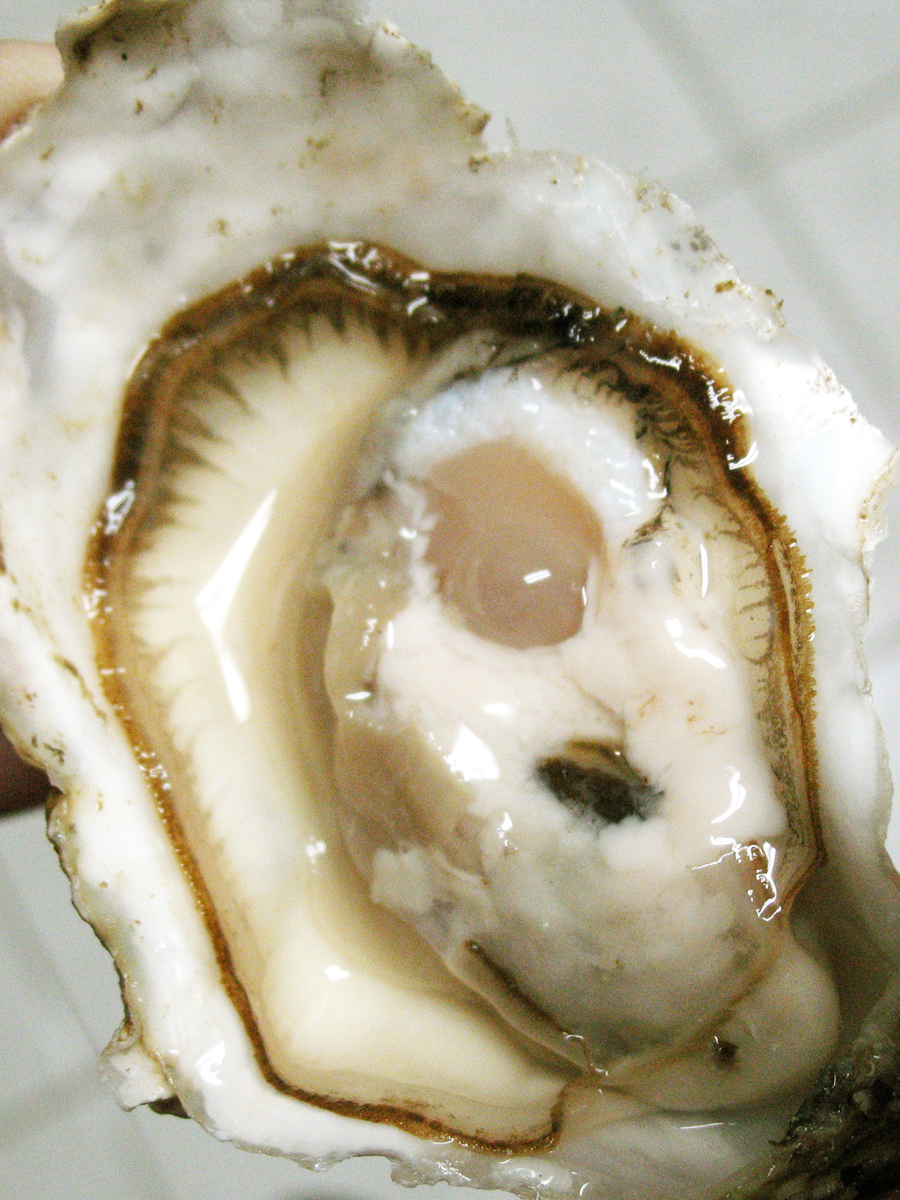Land-Based programs in the Northwest Territories: Building Indigenous food security and well-being from the ground up
DOI :
https://doi.org/10.15353/cfs-rcea.v3i2.161Mots-clés :
environmental change, wild food, community-based research, community food security, Indigenous health and well-being, northern CanadaRésumé
Food security in Canada’s North is complex, and there is no singular solution. We argue that land-based wild food programs are useful and effective in contributing to long-term food security, health and well-being for Indigenous communities in the context of changing environmental conditions. Such bottom-up programs support cultural continuity and the persistence of skills and knowledge that, over time, increase local food security and food sovereignty. This paper (a) highlights the link between observed environmental changes and wild food procurement in two Indigenous communities in the Northwest Territories, (b) compares and discusses the impacts of two collaboratively developed, community-based programs to improve foodways transmission and capacity for wild food procurement, and (c) identifies lessons learned and productive ways forward for those leading similar efforts in other Indigenous communities.
Téléchargements
Publié-e
Comment citer
Numéro
Rubrique
Licence
Les auteurs qui publient avec cette revue acceptent les conditions suivantes: Les auteurs conservent les droits d'auteur et accordent à la revue le droit de première publication avec l'œuvre sous licence simultanée Creative Commons qui permet à d'autres de partager l'œuvre avec une reconnaissance de la paternité de l'œuvre et de la publication initiale dans cette revue. Les œuvres publiées dans RCÉA/CFS avant et incluant le vol. 8, n° 3 (2021) sont sous licence Creative Commons CC BY. Les œuvres publiées dans le vol. 8, n ° 4 (2021) et après est sous licence Creative Commons CC BY-SA. Les auteurs peuvent conclure des accords contractuels supplémentaires séparés pour la distribution non-exclusive de la version publiée de l'ouvrage par la revue (par exemple, l'ajouter à un dépôt institutionnel ou le publier dans un livre), avec une reconnaissance de sa publication initiale dans ce journal. Les auteurs sont autorisés et encouragés à publier leurs travaux en ligne (par exemple, dans des dépôts institutionnels ou sur leur site Web) avant et pendant le processus de soumission, car cela peut conduire à des échanges productifs, ainsi qu'à une citation plus précoce et plus importante des travaux publiés. (En savoir plus sur le libre accès.)





